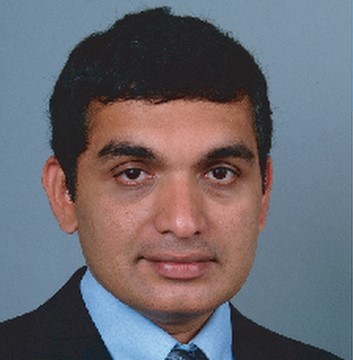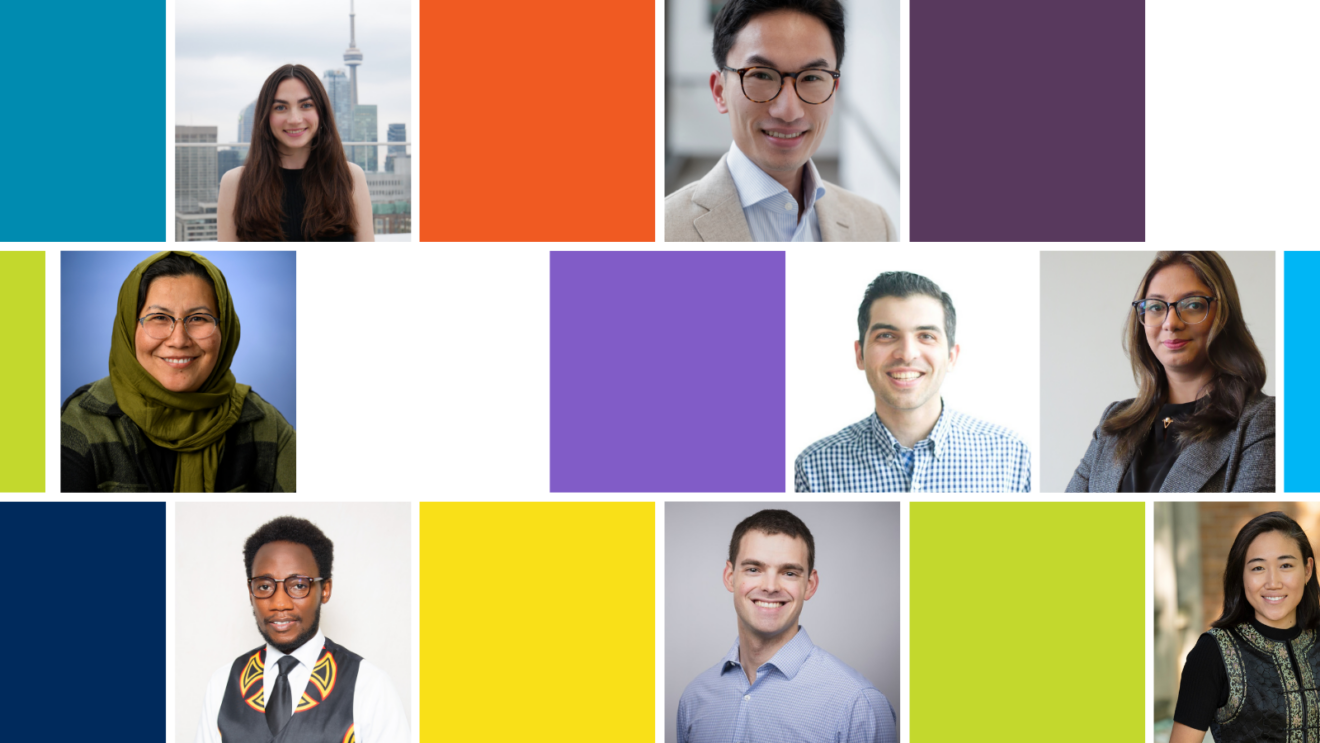By: Marielle Boutin

As Artificial Intelligence (AI) technology continues to permeate our everyday lives, innovations are needed to help users adapt to ongoing digital shifts. The OPS (Ontario Public Service) Microsoft Hackathon was created to help cultivate potential digital innovators and tackle growing challenges. This annual event brings together individuals to share skills and solve real-world challenges that positively impact Ontarians.
The finale of the 2024 Hackathon, “Getting to Know the Power of Artificial Intelligence (AI),” was held at Microsoft’s Toronto location, and featured over 40 submissions focused on enhancing internal processes and improving services for Ontario citizens. The event saw participation from over 1,000 OPS employees across several hackathon streams.
Rahul Shetty, a recent graduate of IHPME’s Master of Health Informatics (MHI) program, was presented with the Top Learner Award at this year’s event for leading his team in examining and leveraging AI chatbot technology for request management across Ontario Public Services.
Shetty was inspired to participate in the event by the potential impact of innovative technologies on streamlining workflow processes and improving the quality of health care.
“The power of AI in public health lies in its ability to analyze vast amounts of data quickly, providing insights that can significantly improve health outcomes. By leveraging machine learning algorithms, AI can identify patterns and trends that people might miss, enabling early intervention and more efficient resource allocation,” says Shetty. “These capabilities can lead to more proactive and preventive healthcare approaches, ultimately improving public health at a population level.”
Shetty’s submission, Synergized Request Management: Leveraging AI Chatbot Technology, aimed to address the issue of inefficient standardization in OPS, particularly with intake forms, as well as the lack of real-time interactions which results in delays in services rendered.
The team worked to design and implement an AI-powered platform that could use natural language processing (NLP) to group public health requests, apply machine learning to prioritize urgent needs and apply predictive analytics to allocate resources, reducing waste and improving response times.
Reflecting on the event, Shetty says the experience was intense and fulfilling. “Competing against like-minded peers created a stimulating environment where innovation and creativity thrived. The atmosphere was competitive as teams worked tirelessly to develop solutions that could make a real difference.”
Shetty drew on his experience as an MHI student to better prepare for the hackathon, particularly on the technical skills he gained to translate theory into practice.
MHI program director, Dr. Karim Keshavjee, says Shetty’s accomplishment is a testament to IHPME graduates’ tenacity to inspire positive change.
“We’re very proud of our graduates,” says Dr. Keshavjee. “They come in with a passion for making a difference and leave with the skills, knowledge and tenacity to see them through.”
Currently, Shetty is a Senior Data Analyst with OPS, supporting data governance and management strategies. He aspires to continue developing his expertise and expanding his knowledge on how to use tools like AI in an ethical and responsible manner.
Related News

Sign up for IHPME Connect.
Keep up to date with IHPME’s News & Research, Events & Program, Recognition, e-newsletter.
Subscribe to Connect Newsletter
Get in Contact
Communications
Marielle Boutin
Email Address: ihpme.communications@utoronto.ca





